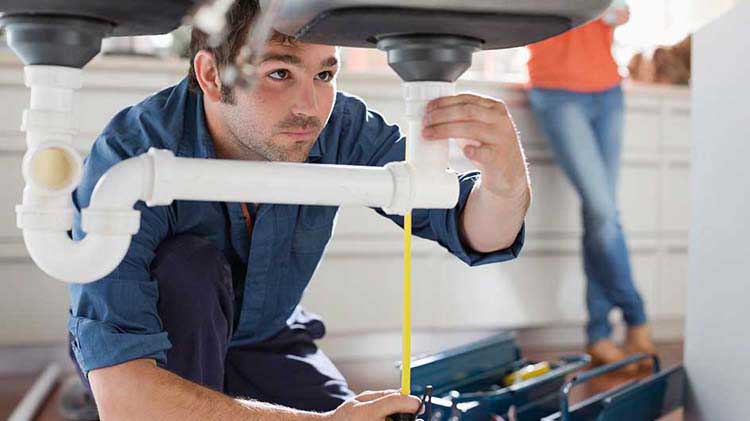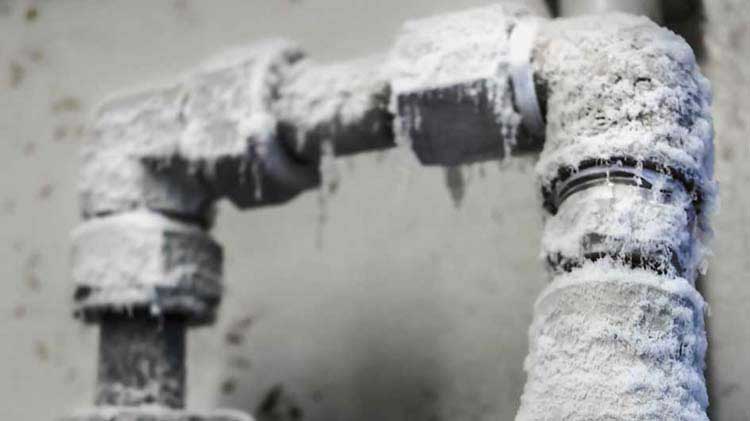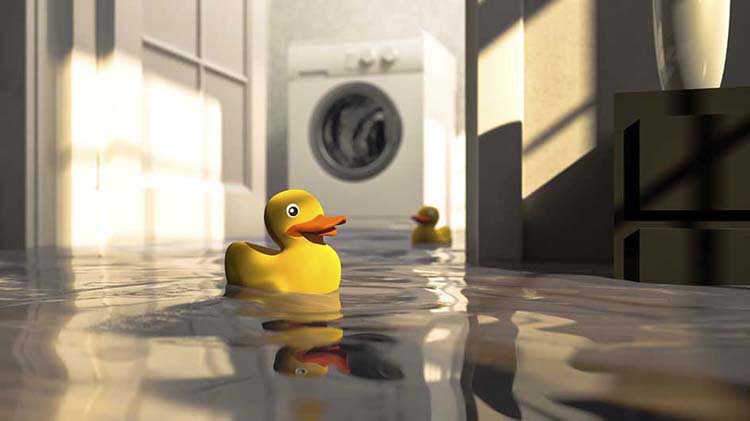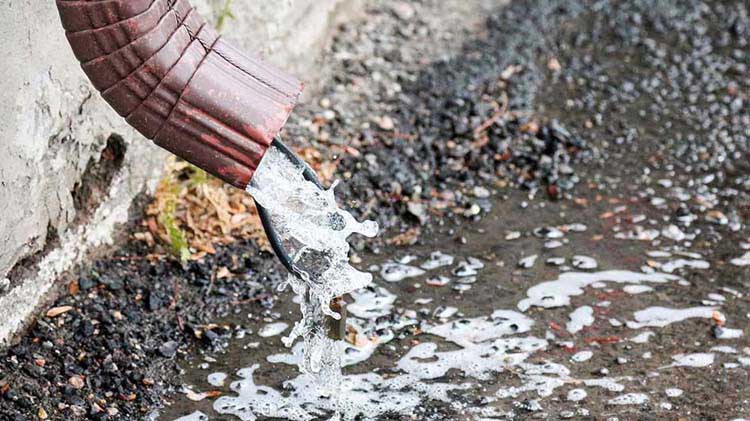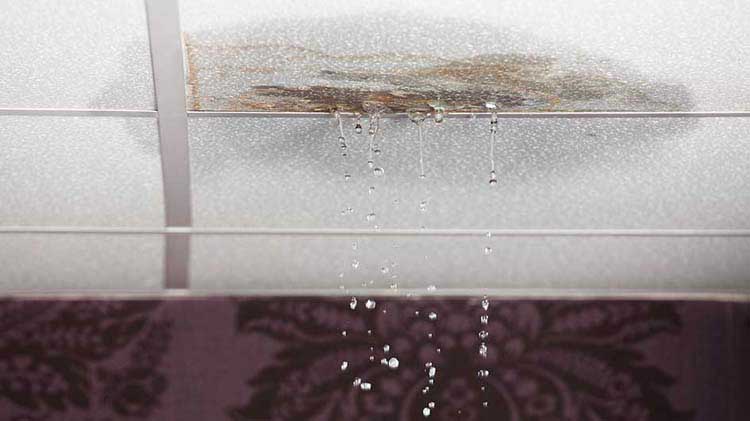Plumbing maintenance tips
Try these DIY prevention tips to stop plumbing problems before they start.
Plumbing problems can lead to sky-high water bills — not to mention major structural damage to your home. A small leak could waste tens of thousands of gallons of water each year and result in much larger headaches. Use these tips when making regular DIY plumbing inspections all around your house to help prevent water damage and insurance claims.
Inspect your pipes
Look for signs of dripping and corrosion in exposed pipes, including supply lines for toilets and sinks, as well as lines leading to appliances such as dishwashers, refrigerator ice makers and washing machines. Leaking fixtures may need replacement parts. For example, a new O-ring or cartridge for a dripping faucet or a flapper for a leaky toilet.
Sneak up on leaks
Even if you don't see dripping, you may still have a problem. Wall or cabinet stains, rusty water, cracked or warped flooring and a musty smell may be indicators of plumbing issues.
Be mindful about what goes in the drain
The garbage disposal can be a great tool, but be sure there is plenty of water running when scraps are slowly fed into the drain. Fats and oils can become clogs when poured in the drain. Plumbing issues can be seasonal, such as when you are cooking more or have more guests during holidays. It's always best to place cotton balls and wipes in the garbage since they also have a tendency to clog drains.
Drain chemicals can do more harm than good and it is better to use a drain snake or have an expert clear the clog.
Focus on faulty plumbing
Shutoff valves and copper and brass fittings are the first places corrosion occurs. The likelihood of corrosion is greater if the metals are mismatched, as when galvanized pipes connect directly to copper lines. This should be repaired immediately. But if the pipes are corroded or rusted, have them replaced.
Try the water meter trick
Water meters are great leakage detectors. Note the current level of water usage on your meter, and then suspend all water usage for 30 minutes, making sure all water-using appliances are turned off. Recheck the meter. If the triangular leak indicator is spinning, or the dial hand has moved or the number has increased, you may have a leak.
Remedy the problems
You don't have to be an expert to fix small plumbing issues, as long as you feel comfortable and confident taking them on. If you have water-damaged flooring and walls, consider hiring a plumbing pro to fix the leak, and then replace the damaged areas to avoid mold growth. For major problems or anything you're unsure how to fix, always call an expert.
